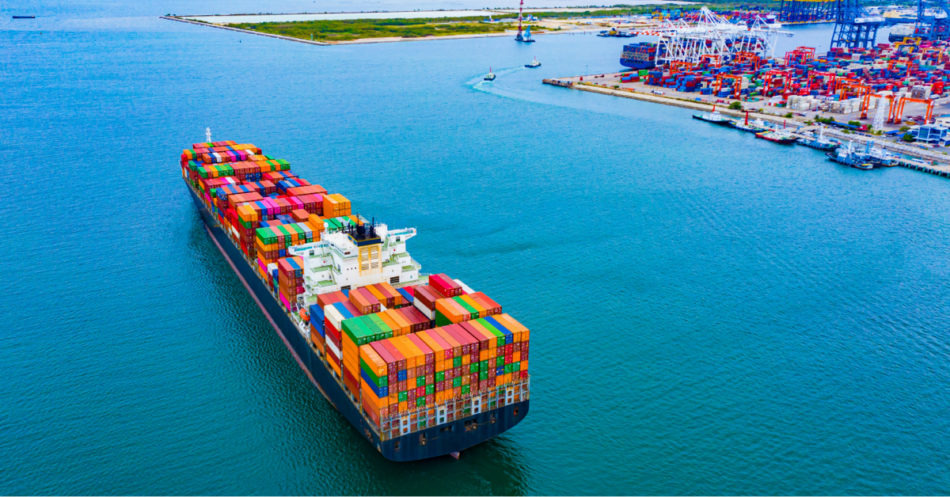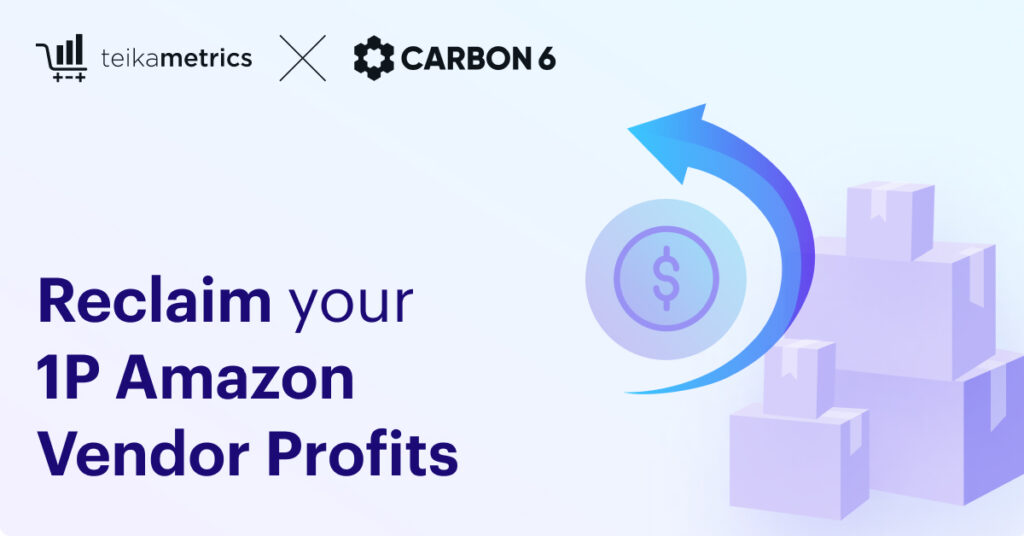China, known as the “world’s factory,” is the most popular country for American businesses to import from. Although many businesses have experience in importing from China, they still make some mistakes during the importing process.
In today’s post, I will tell you several things you should be aware of when you import from China. I am sure you will run your importing business better after reading the post. You’ll learn:
- What is MOQ?
- Customs standards and import tariff
- How to select a reliable supplier
- Incoterms from China
- How to arrange shipments overseas
1. What is MOQ?
MOQ is the abbreviation of “minimum order quantity,” which suppliers provide and usually will be shown clearly in the product image on ecommerce platforms.
Product prices in China are very competitive, but you need to know that most Chinese suppliers will set an MOQ for different products to ensure a profit margin. For customized products, the MOQ usually will be higher than for existing styles.
For example, if you want to buy stainless steel thermal cups, the MOQ must be high because manufacturers need to make a new mold. But you can negotiate with suppliers about MOQ in most circumstances.
Also, the more quantity you buy, the cheaper the unit price will be, just as the following picture shows.
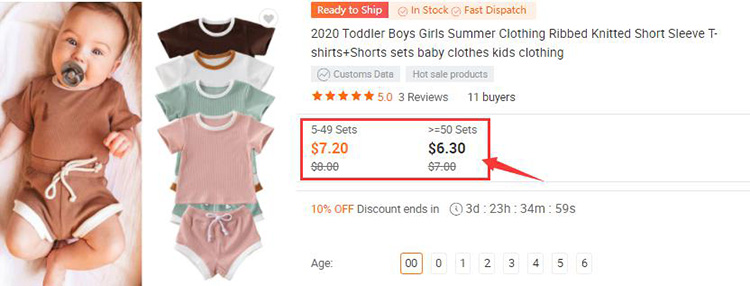
It’s important to note that when first testing a product, it may make sense to lessen your risk by ordering a smaller order to start, and once you’ve proven the product’s success than to make larger quantity orders to decrease the price per unit. It’s ok (and actually you should expect) to lose money when you start, especially if it’s helping you alleviate risk.
2. Customs standards and import tariff
When you want to import a product from China, you should do some research about your local customs clearance standard or selling certificate in advance. If the products violate the relevant standard, your goods may be held in customs or even can’t be sold in your local market. It will do great harm to your business especially for new importers with a limited budget.
Also, you should learn the import tax for the product you intend to buy, which is very important for your importing budget analysis.
The most direct way to know the above information is to consult your customs broker.
For importers in the USA, you can check the import tax on USITC.
If you’re importing from Alibaba, usually they or your manufacturer will be able to calculate this for you.
3. How to select a reliable supplier
Every businessperson knows that a responsible supplier is important for any business. This is especially important for import.
Firstly, it will take a long time to ship from China to your country. If the product quality can’t be guaranteed, you will have additional trouble. For example, you will spend extra money and time in dealing with returns or refunds if your customer is dissatisfied with the products.
Secondly, it will involve customs clearance. Customs usually have certain policies for importing products. For example, many countries will request compliance certificates for some products, especially for toys, electronic products, and medical products. If the suppliers can’t provide certificates accordingly or issue false certificates, it will influence customs clearance and your sales in your local market. Hence, a good supplier is significant for cross-border business.
Three types of Chinese suppliers
- Manufacturers
Manufacturers are the party that makes products. They usually can provide a lower unit price. Besides, it is easier for you to control product quality. But they usually will set a relatively high MOQ.
- Trading companies
Trading companies don’t produce any goods. They just source a variety of products from different factories and sell them to you. Generally, they will quote a higher unit price, but MOQ will be lower than manufacturers.
- Sourcing companies
Sourcing companies, like Jingsourcing, have several good factory resources. We will help our clients with the whole importing process including finding reliable suppliers, getting competitive prices, following up production, ensuring quality, and delivering products to the door. Working with sourcing companies will give you more time to focus on your business sales and marketing.
Four ways to find suppliers
You may be confused about where to find good suppliers. Below are the four most commonly used channels.
- Exhibition
Attending fairs is the most direct way to find Chinese suppliers. There are many trade shows every year in China. Generally, these trade shows can be classified into two types: comprehensive trade shows with a wide range of product categories; specialized trade shows focusing on a specific industry.
Canton Fair is the largest comprehensive trade show, which is my first recommendation to you. It is held twice a year usually in April and October in Guangzhou with three phases each time.
- Online Platforms
There are many B2B and B2C marketplaces in China, such as Alibaba, DHgate, AliExpress, etc. There is a wide range of products on the platforms from clothing to electronics.
But if your order is within $100 or you just purchase for your own use, AliExpress is the better choice. For drop shippers, AliExpress is a suitable platform to find suppliers and products.
- Social media
Many Chinese suppliers will market on some social media such as LinkedIn or Instagram. Although there aren’t as many suppliers as on Alibaba, you can still have a try on social media. You can search the suppliers by entering the product keyword.
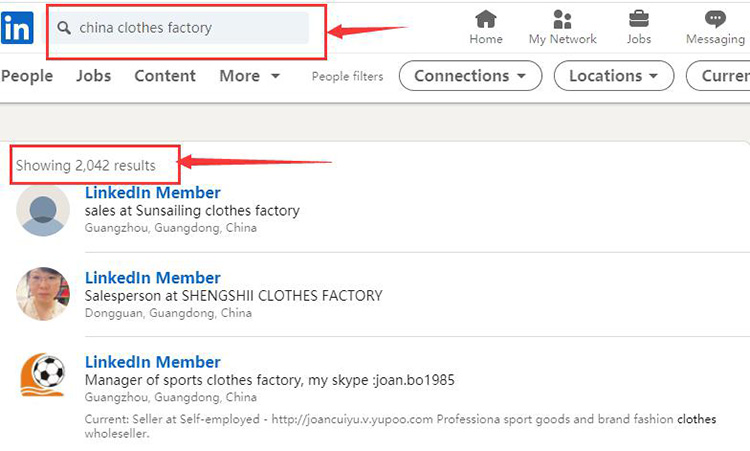
- Visit wholesale markets
There are many different wholesale markets in China. For example, Yiwu International Trade City, one of China’s largest small commodity export bases and the largest wholesale markets in the world. It takes up more than 4 million square meters, with 70,000 booths, and 5 districts for different product categories.
4. Incoterms from China
When you plan to import from China, you should be familiar with Incoterms, which play an important role in China’s exports and imports. The liability for buyers and sellers varies across different Incoterms.
There are many different Incoterms. Below are 5 of the most common terms.
EXW – Ex Works
The seller will be responsible for manufacturing products. After buyers pick up the goods from the seller at the designated place, the buyer will be responsible for designating one freight forwarder to pick up the shipment from the named place and undertake booking, customs declaration, inspection, and delivery to the destination.
The buyer takes on all costs and risks generated in the following process. In a word, it is not advisable for importers during international trade.
FOB – Free on Board
The seller is responsible for delivering the goods to the port, then loaded on board of the named vessel, at which time all liability is transferred to the buyer. Sellers are in charge of customs clearance of export. But after that, the buyer is responsible for the following process. FOB is the most commonly used Incoterm during international trade.
CFR – Cost and Freight
All risks are transferred to buyers when the products are on board the vessel. But sellers pay for the costs and freight necessary to bring the goods to the named port of destination.
CIF – Cost, Insurance and Freight
The term is almost the same as CFR, but sellers take on the insurance besides cost and freight. But the risks also will be transferred to buyers when the products are on board.
DDP – Delivered Duty Paid
The seller will take on all risks and fees in the whole process of delivering the goods to the named place in the destination country. And the risks and fees will be transferred to buyers after completing the delivery at the named place in the destination country without unloading the goods.
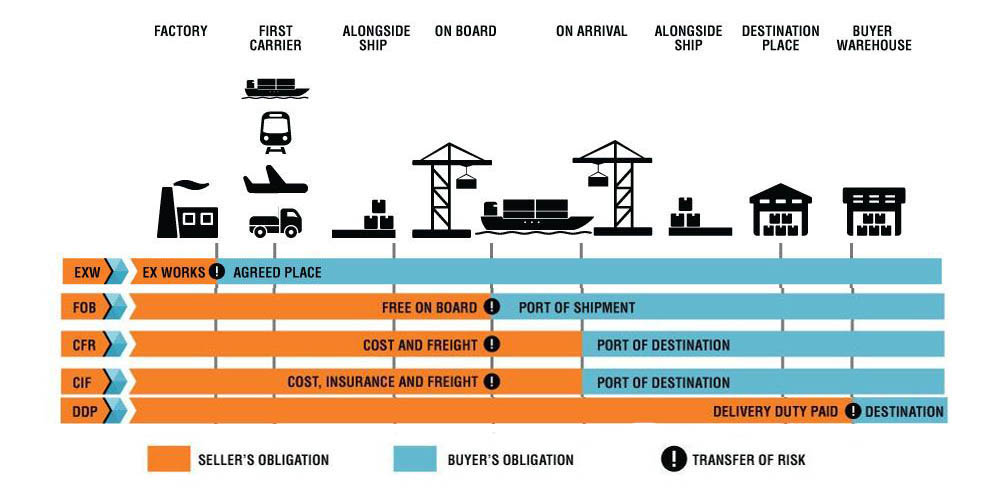
5. How to arrange shipment overseas
There are four main shipping methods: regular post, international express, air shipping, and sea shipping.
- Regular Post
Many suppliers will provide free shipping service, but it usually means economical shipping like China Post Air Mail, which will take up to 30 days to most countries or even 60 days for some remote regions. Its cost is very cheap, but it has the potential risks of losing your parcel as you can’t track the parcel well.
Hence, it is inadvisable for you to choose this way. But if you have enough time to receive packages, you can have a try.
- International express
International Express service is mainly provided by DHL, UPS, FedEx, and TNT. With this kind of shipping, you can get fast delivery and instantly track your parcels.
Generally, it will take one week from China to the US in this way. If your package weight exceeds 20kgs, the shipping fee is about $6-$7 for 1kg. But the fees usually are calculated based on the bigger parameter between the actual weight and dimensional weight of the goods.
In summary, although it will cost you more, it is still a good choice for new importers, as the express company will help you complete the delivery process including customs clearance.
- Air shipping
If the weight of the goods is too large for international express shipping, such as over 250kg, you can try air shipping. The cost for this way will be lower than international express, and the shipping time is also fast.
But shipping this way, there will be some extra work. You need to handle documentation and customs clearance on your own. Of course, you can let a customs broker help you complete it by spending extra money. In this respect, it is inadvisable for new importers.
- Sea shipping
Generally, it will take 30 days from China to the USA by sea. Through sea shipping, you can carry a massive amount of products at one time. And the whole cost is average $200-$300 for one cubic meter, including the sea shipping fees and the cost generated in the whole import and export process, which will be very economical.
Hence, if you need large quantities of products with different styles at one time and have enough time to wait for the products, sea shipping is the best choice.
In a word, each kind of shipping method has its pros and cons, and you should choose the most suitable one according to your own actual needs.
Jingsourcing is committed to helping importers, especially ecommerce business owners. They help their clients find the best manufacturers, ensure the quality of products, arrange shipping, and make the whole sourcing process easier and safer.


